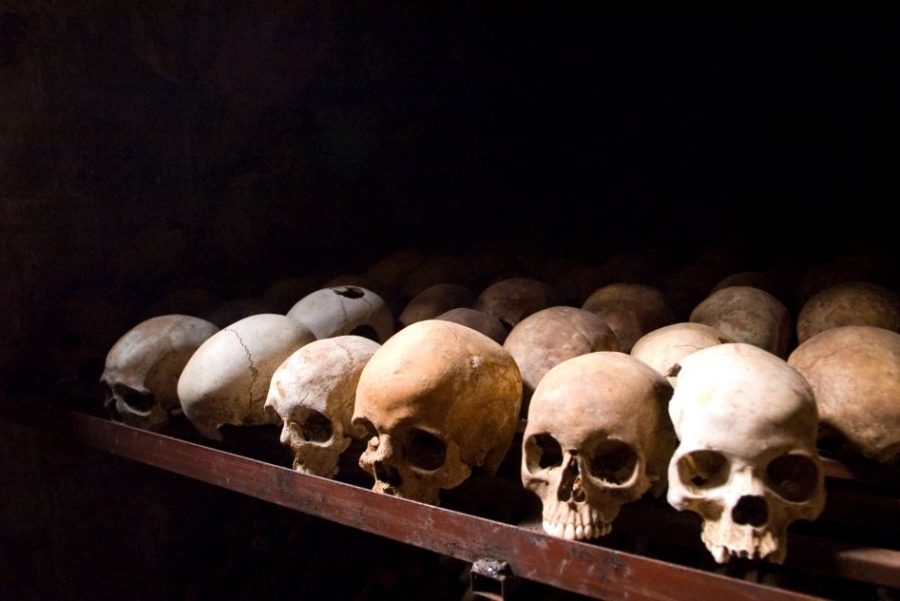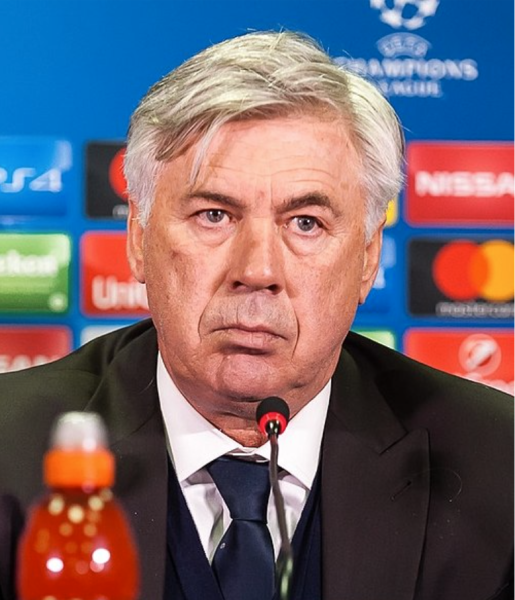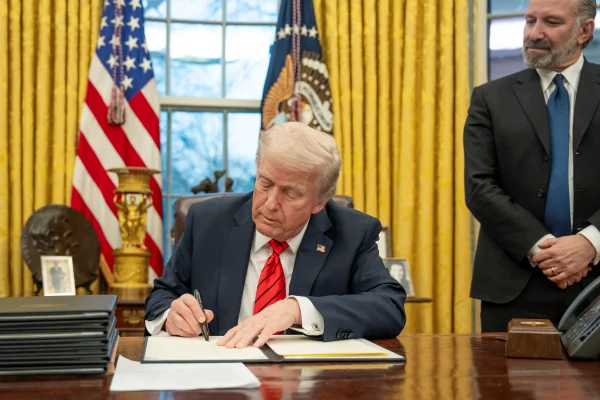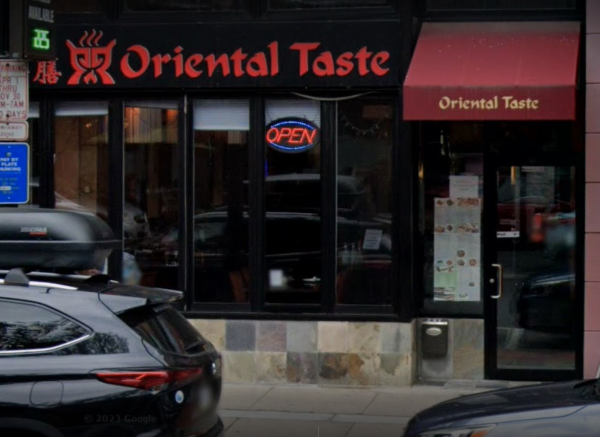Is South Sudan the Next Rwanda?
Fanny Schertzer, Wikimedia Commons
Human Skulls at the Nyamata Genocide Memorial in Rwanda
South Sudan could be the next Rwanda.
In 1994, mass ethnic cleansing and genocide in Rwanda rocked the world, and today the name Rwanda cannot be heard without summoning thoughts of these violent acts. Former President Bill Clinton called his reaction to the genocide his biggest blunder and his greatest regret.
“We did not act quickly enough after the killings began,” said Clinton during his 1998 speech to the genocide survivors. There, he also voiced his hopes that future acts of genocide could be prevented and that, where they could not be stopped, the international community could act quicker to stem violence. Today, acts of genocide and ethnic cleansing are once again being perpetrated in South Sudan, yet the rest of the world remains silent.
The Central African country gained independence from Sudan in 2011 after 20 years of fighting. Rebel leader Salva Kiir Mayardit was elected president, and the position of vice president went to Riek Machar. Even before gaining independence, ethnic violence was a problem for South Sudan. There have been many instances of ethnic cleansing in the past, and Mayardit, a Dinka, picking Machar, a Nuer, as vice president was an attempt at unifying these ethnic groups.
This unity was not lasting. In 2013, a war between Machar’s forces and Mayardit’s forces broke out when Mayardit fired his entire cabinet and accused Machar of coup attempts. Millions of people were driven from their homes because of the war, and many other lives became endangered because of famine and drought. A peace deal was signed in 2015, but conflict has continued nonetheless.
Even while one conflict rages, it seems as though President Mayardit is trying to pick another; in 2015 he replaced the country’s 10 states with 28. The new states are largely drawn along ethnic lines. This new setup weakens Mayardit’s main opposition, the Sudan People’s Liberation Movement-in-Opposition; it takes the states controlled by them out of existence. Riek Machar is vehemently against this new plan.
Amidst all this, it is the people of South Sudan that are left most vulnerable. Due to the conflict, tensions between South Sudan’s 64 tribes have been reignited, and a United Nations commission found that violence is spreading throughout the country and that ethnic cleansing is already beginning.
“The stage is being set for a repeat of what happened in Rwanda,” said Yasmin Sooka, chairperson of the UN’s commission on the war-torn country in a UN report. “The international community is under an obligation to prevent it.”












